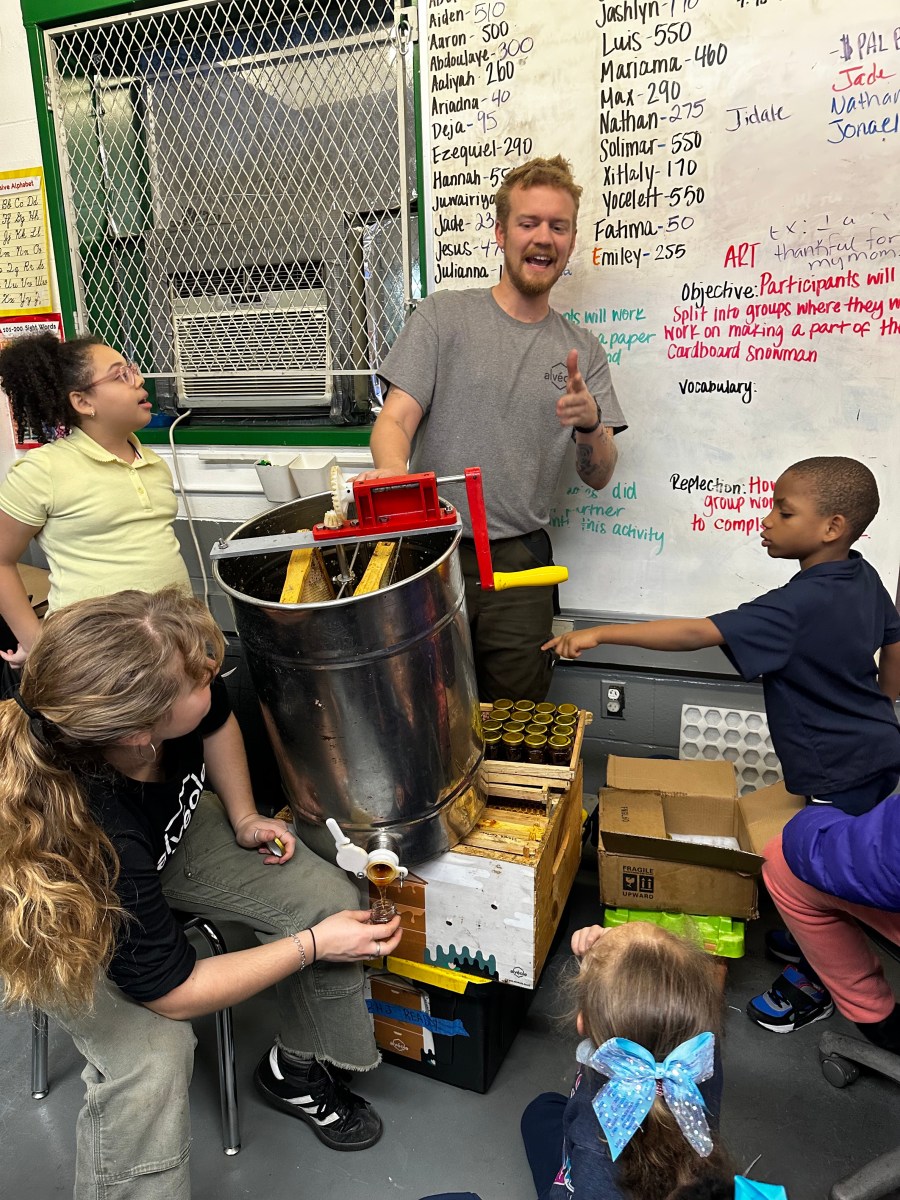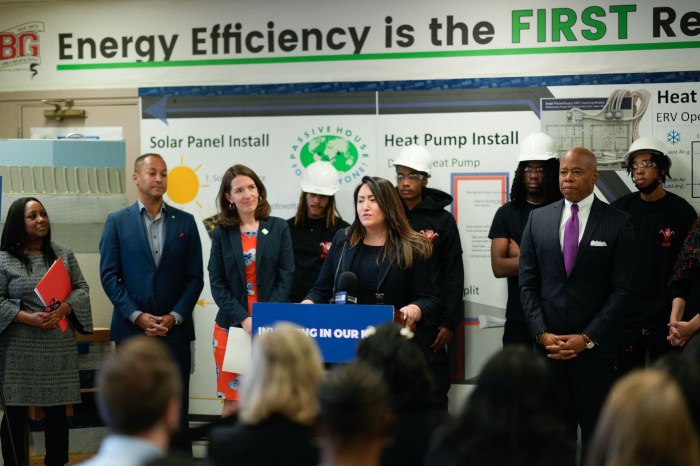BY KIM SWEET AND ÁINE DUGGAN
When Alexa’s family moved into a homeless shelter, her school became a safe haven—the one place where everything was stable and she could escape the claustrophobic environment of the shelter, a former hotel. That disappeared when schools closed in March due to COVID-19.
For weeks, she could not participate in remote learning because the shelter lacked internet access. When the Department of Education finally gave her an iPad with free data, she struggled to find a quiet spot to study, while the poor cellular reception in the shelter made it difficult to watch video lessons.
There are many more Alexas in New York City, and as the next school year approaches, we worry they are being set up to fail.
Despite the best efforts of educators, the transition to remote instruction proved disastrous for many of the 100,000 City students who are living in shelter or temporarily staying with friends or relatives because they lost their housing. Even before the pandemic, fewer than a third of the City’s students who were without a home were reading proficiently, and only 61% graduated high school in four years, 18 percentage points lower than the graduation rate for their permanently housed peers.
As a new school year approaches, the City must develop a coordinated, inter-agency plan to support the one in ten students who are without permanent housing—a population that will likely grow even larger unless government leaders step up to provide rental assistance for the more than one million city renters who have fallen into arrears this year.
The City must recognize that learning from home is inherently far more difficult when you don’t have a permanent home. Families experiencing homelessness may have multiple children of varying ages, grade levels, and learning needs confined to a single small room, making it challenging to concentrate on schoolwork.
The pandemic has also highlighted the inequity resulting from the City’s longstanding failure to provide adequate WiFi in shelters for families. This reality has long deprived children of educational resources accessible to other children, simply because they are experiencing homelessness. And, while the Department of Education is providing iPads that serve as mobile hotspots, some students have had trouble using them due to poor service.
Moreover, the City does not allow children under 18 years old to be in shelters without a parent, so even high school students will need a place to go on the days they are scheduled for remote learning while their parents work or attend appointments. Yet many shelters do not have the space or staffing to provide shelter-based childcare.
Under the current “blended learning” plan, students whose parents want them to return to in-person schooling would be physically in the classroom for only one to three days per week, while learning remotely on other days. This plan fails to recognize that online schooling is much more workable for some students than for others. Treating everyone the same will all but guarantee that some children have far greater access to an education than others, further magnifying existing inequities. The City should give students experiencing homelessness, along with other high-need populations, the option to attend school in person on a full-time basis this fall.
Meanwhile, the City must work across agencies to ensure every student who is without a home has the space, support, and technology necessary to participate in remote instruction and must designate someone to lead that effort who is well positioned to bring agencies together.
For example, all students experiencing homelessness, including older youth, should have access to the City’s new Learning Bridges childcare programs if their parents want this option. Shelters should also have the flexibility to allow older students to stay there by themselves on days when they cannot be in school buildings, or to designate selected common areas, where available, for remote learning.
The upcoming academic year begins amid uncertainty about the State’s eviction moratorium and federal eviction prevention support. As even more families experience homelessness, the City must ensure that the educational needs of these students are not forgotten.
Kim Sweet is the Executive Director of Advocates for Children. Áine Duggan is the President and CEO of The Partnership for the Homeless.




































